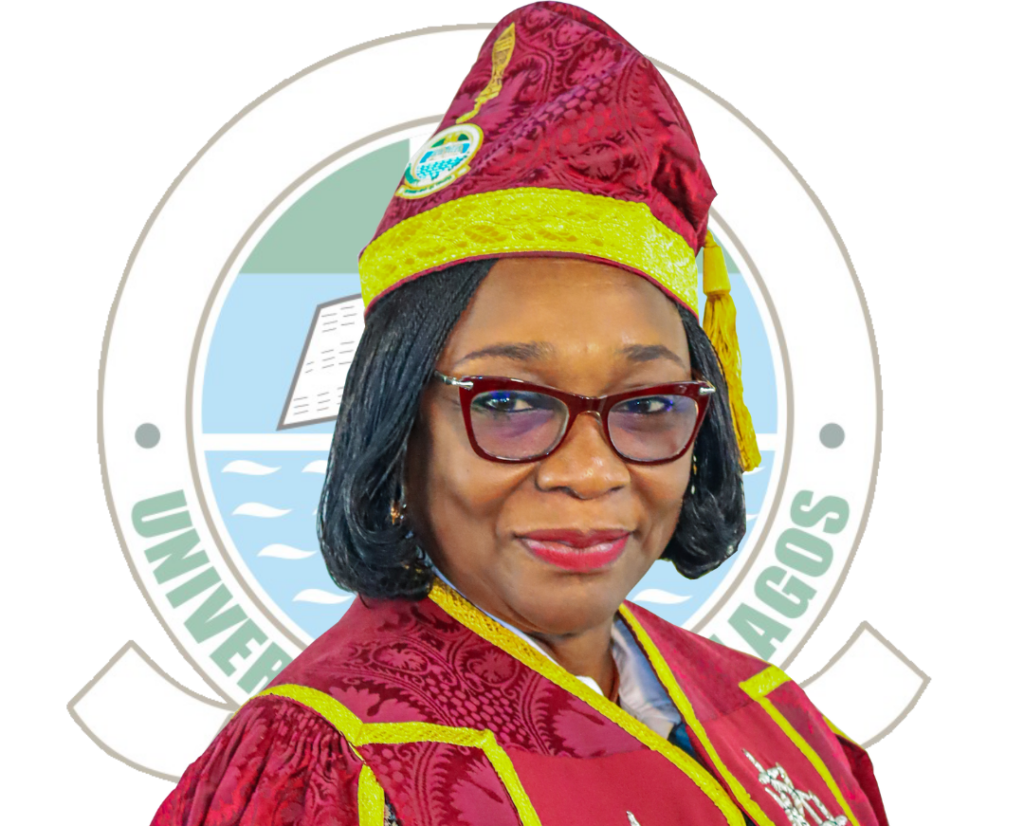The Vice Chancellor of the University of Lagos (UNILAG), Prof. Folasade Tolulope Ogunsola has cited reasons behind the rise in the institution’s tuition fees, chiefly caused by the challenging economic conditions in the country which significantly impacted the operational costs of the university.
Earlier, the increase in fees had prompted students to stage a protest resulting in the arrest of several students by security forces.
Prof. Ogunsola also attributed the fee hike to the diminishing financial support from the government, stating that the university could no longer sustain its previous financial arrangements.
She went on to elaborate that the university allocates substantial resources to various essential areas such as hostel maintenance, electricity and internet services, annual result verification and certification, program accreditation, as well as the logistical requirements for hosting individuals who come for accreditation purposes.
New fee structure
However, as reported by Nairametrics, the university administration revised the fee structure, setting it at N190,250 for students pursuing Medicine.
Courses that necessitate laboratory and studio resources, had its tuition set at N140,250. Furthermore, the VC clarified that programs that do not require laboratory and studio facilities have been set at a fee of N100,750.
What she said
The Vice-Chancellor (VC) explained that previously students at the institution were charged a tuition fee of N19,000, moreover, its tuition fees were maintained at the same level for 15 consecutive years without any increases.
Before the increase the university took the step to adjust the fees and held a parents’ forum to inform stakeholders and unions about the decision in January this year.
She further elaborated on the expenditure incurred by the university which necessitated the new fee structure, saying:
- “Apart from the electricity bill which is about N1.7 billion per annum, we verify results by examination bodies which comes to about N3,500 to N5,000 per student.
- “We conduct examinations which cost about N80 million per year and in addition, each of the faculty incurs another N3 million to N5 million, so we have about N40 million annually.
- “We also do accreditation and N62 million is paid for accreditation of our programmes and sometimes when new programmes commence.
- “Other cost includes the logistics of hosting people who come for accreditation, which comes to about N100 to N200 million every year, work-study programme and indigent students scheme, among others.”
- “It was decided at the meeting that the fee increase should be announced in July so that the council can ratify it,” she added.
Prof. Ogunsola further expressed concern that the council was dissolved before then, and the petrol subsidy was removed which worsened the situation. She said,
- “The issue of price increase started in January and we discussed it with the university council the idea was to look at all the fees that we have been charging and look at how we could increase it so that we could come to the prevailing rate because it was very clear that we were always falling back on our obligations.
- “We had a committee set up to look at all the bills we paid and we had mountains of debts as well, but when we looked at all the bills, it was very clear that we had to increase to meet our obligations.”
However, Prof. Ogunsola stated that the university would continue to work on improving its ability to mitigate the impact of the hike in fees on students, staff and parents, adding that no student would drop out as a result of it.
